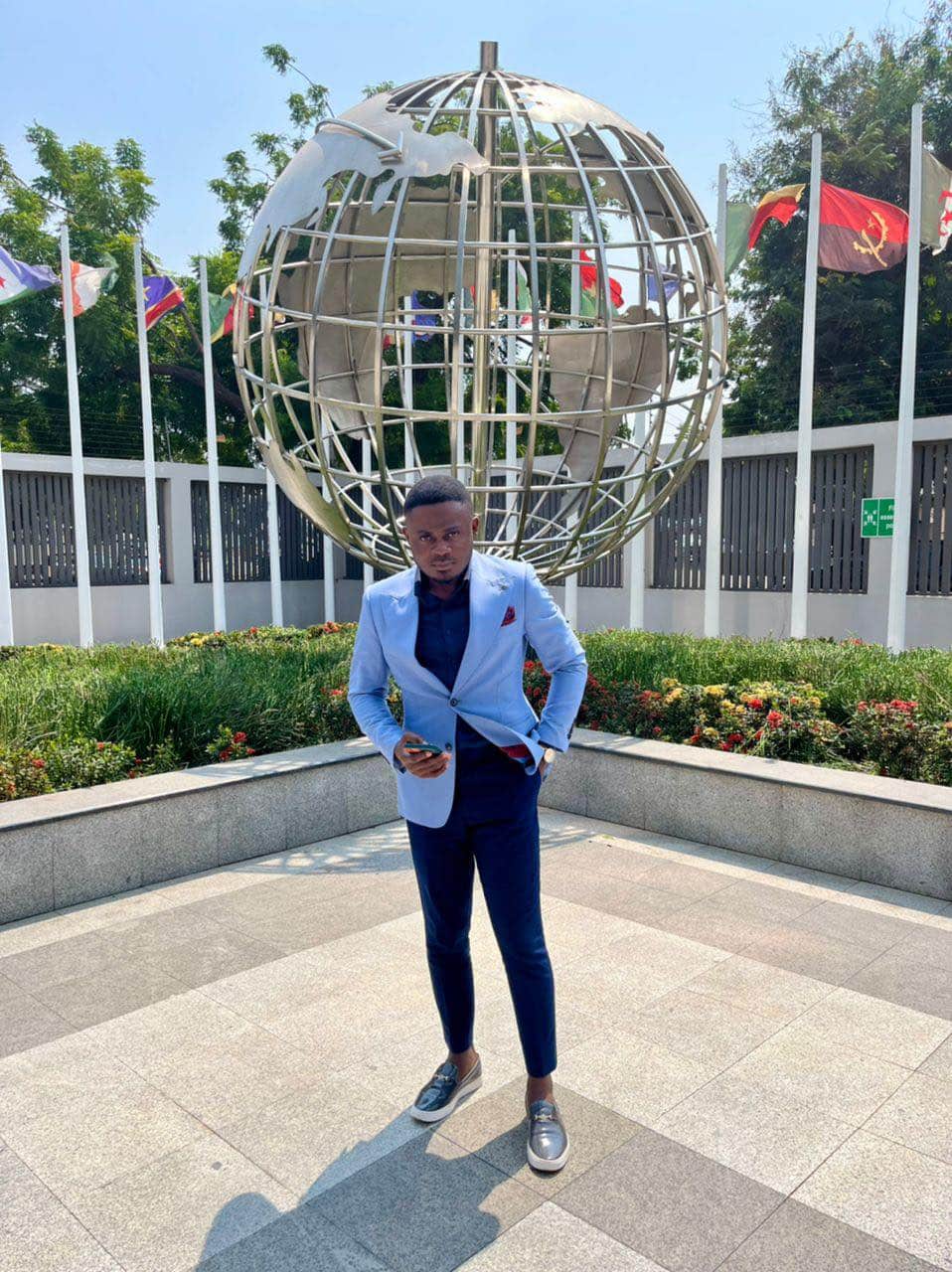In a 1975 book, Victor T. Le Vine wrote that bribery, theft, and embezzlement arose from reversion to a traditional winner-takes-all attitude in which power and family relationships prevailed over the rule of law.
Successive governments have tried very hard to tackle this canker from its root but all to no avail.
Multi-party systems have been one of the gifts sent from above. This affirms and deepens democracy which in turn enhances democracy. But the big question is ‘HOW ARE POLITICAL PARTIES IN GHANA FUNDED?’ Do political parties have their own money ‘cutting’ machines??
The purpose of this piece is to dive into what and who funds political parties in Ghana and the repercussions on the economy vis-a-vis Corruption.
The success of parties essentially revolves around their finances, as much as it revolves around their leadership and policies. A party with a very large membership, good leaders, and good policies will never win elections in today’s world if the party lacks adequate funding.
The 1992 Constitution does not say much about the sources of party funding. Clause 14(a) of Article 55 says that political parties should declare to the public their revenues and assets, and the sources of these revenues and assets. Clause 15 of the same Article 55 says non-Ghanaian citizens cannot contribute or make donations to political parties in Ghana.

Let’s look at certain sources of finance for political parties in Ghana.
?PRIVATE FINANCING: Funds which is generated in their entirety through donations and contributions by private sector business organizations and individuals.
?STATE FUNDING: where the state finances the operations and activities of all political parties. This initiative is carried out by the state through an established body that ought to steer the affairs of the funding and an independent body as such.
?COMMON FUNDING (STATE & PRIVATE PARTNERSHIP)
This is where the state(Electoral Commission) liaises with Registered Private Sector Businesses to raise a substantial amount of resources (money) to fund political parties.
?FOREIGN FUNDING: under the 2000 Act that replaced the 1992 Law on Political Parties, foreign funding is now allowed. However, only governments and international NGOs NOT foreign individuals or corporations are allowed to contribute to party funding and they (Governments and NGOs) can only do so through the National Electoral Commission and generally to all parties, not a specific party or parties.
Having identified the various sources of political funding in Ghana, it will be prudent for us to look at the effects of such ‘donations’ on a political party that ultimately wins a political election.
There have been party members who have contributed immensely to the success of political parties either to gain political power or strive to exist.
Their help or their contribution cannot in any way be swept under the carpet and as such their help and contributions must be appreciated.
BUT!!! Must the appreciation be that such individuals are given appointments or occupy some high offices?
It will interest us to know that, anyone who contributes immensely to the development of a political party into power thus becomes very influential. Some of these individuals though very rich in terms of resources do not have the knowledge and expertise to man the various offices they are assigned to.
The way forward:
The ‘Winner takes all’ system must be looked into.
The State must be prepared to fund political parties.
A proper parameter must be set for all political parties to operate. The parameter must take into consideration, the minimum stated capital a political party must meet to be accepted.
Smaller or political parties that do not have the resources [The minimum stated capital] must be made to merge or be made to leave the political scene.
The foundation for Such an exercise must be done on the following basis:-
• The total number of valid votes a political party had in the last national elections (In percentage-wise). OR
• The minimum number of parliamentary candidates a political party has in parliament.
[Independent parliamentary candidates will choose which political party to form an alliance with].
These minimum stated capital will be paid directly to the Electoral Commission’s Bank Account. This in a way will even make the Electoral Commission independent in its finances and will not solely depend on the government to meet its financial obligations.
There is no way a political party [whether in government or opposition] must spend more than what will be given to financing their election campaign by the EC through the state.
In all these, we, as a people must be prepared to make some constitutional amendments devoid of political sensationalism to meet drive home this funding of political parties.
Article by: Ralph Osew Danquah
Writer || Editor || Poet || Speech Drafter
Email: [email protected]


